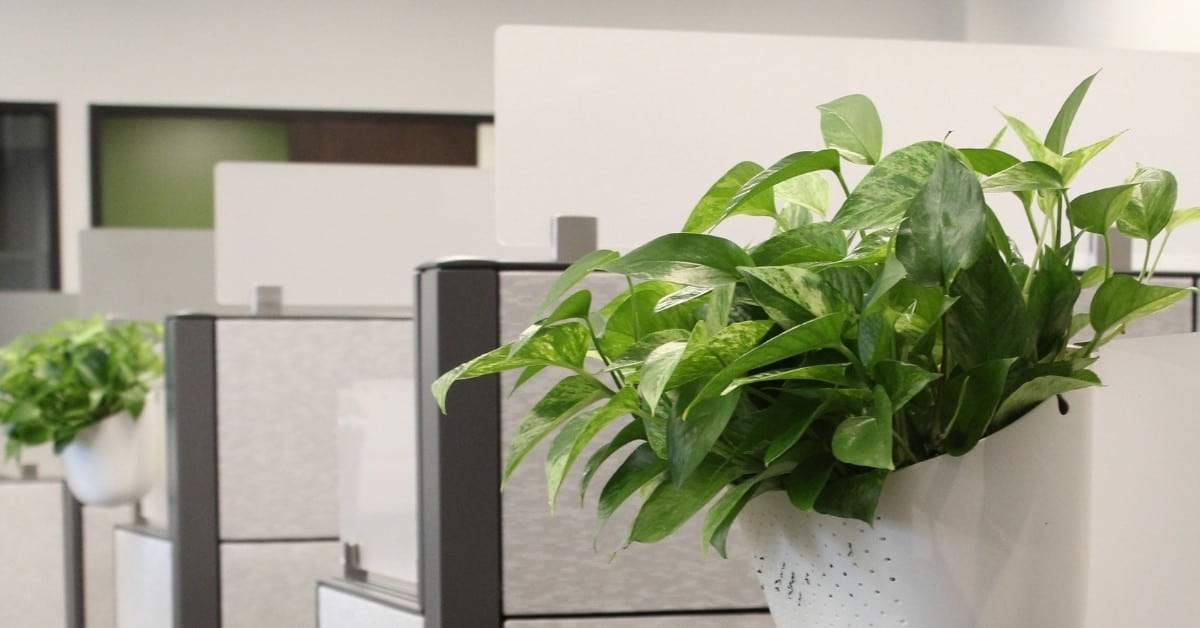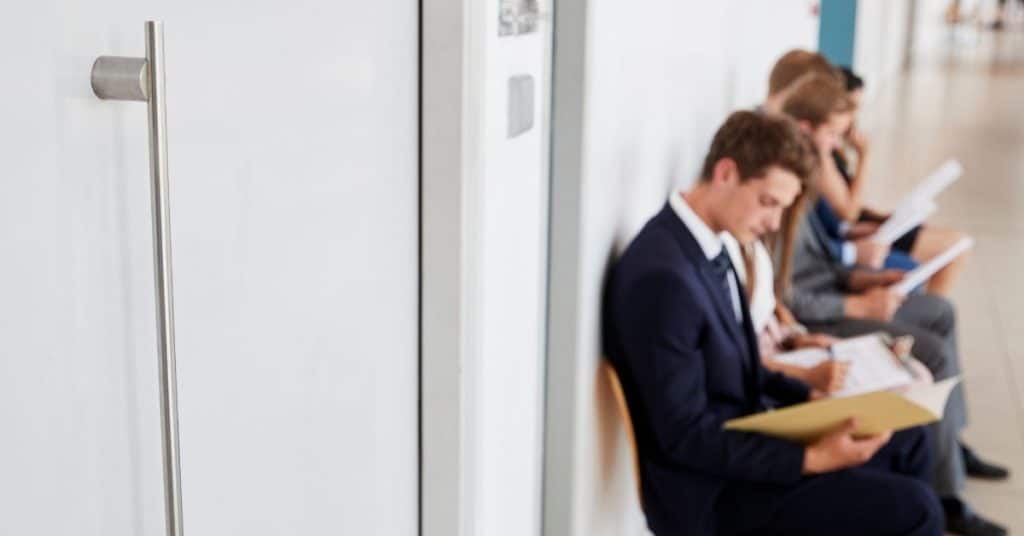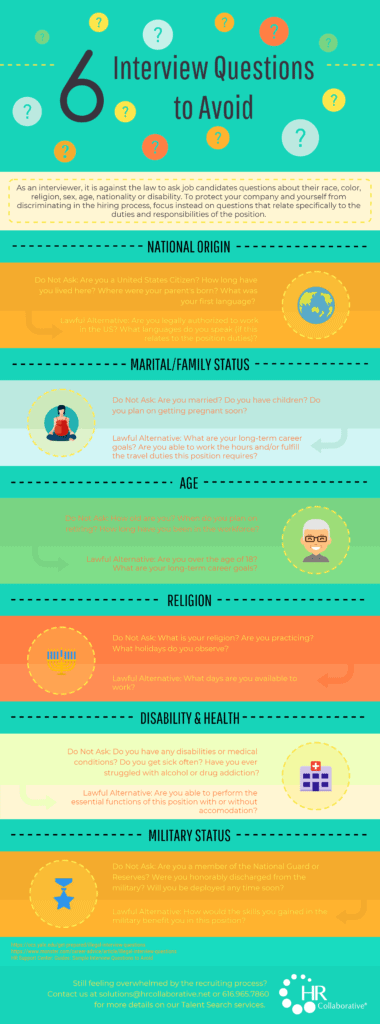Hybrid Work’s Potentially Positive Environmental Impact

Happy Earth Day! In honor of our favorite blue marble, we’re looking at how hybrid work has the potential to positively organizations’ environmental impact.
Last year was the 50th Earth Day. And it was probably the planet’s favorite.
- With most of the globe locked down celebrating at home in April 2020, traffic and, subsequently, pollution levels dropped to Instagram-worthy levels.
- While this drop was only temporary, the pandemic will permanently change how workplaces impact the environment.
Reducing business travel, in particular, will significantly alter organizations’ carbon footprint. In 2019, transportation accounted for 29% of the U.S. greenhouse emissions, more than any other sector.
- 86% of CFOs expect to continue the trend of reducing travel expenses, with 41% planning to decrease travel expenses permanently according to a recent survey conducted by Grant Thornton.
- Limiting plane travel will be incredibly impactful. As The New York Times noted in 2013: “One round-trip flight from New York to Europe or to San Francisco creates a warming effect equivalent to 2 or 3 tons of carbon dioxide per person. The average American generates about 19 tons of carbon dioxide a year… So if you take five long flights a year, they may well account for three-quarters of the emissions you create.”
But, but, but... less office space doesn’t necessarily mean a smaller company carbon footprint. In fact, it may mean the opposite.
- A recent study found that depending on local climate, an organization’s total energy footprint can be higher when staff work from home. Commercial HVAC systems are more sophisticated than residential ones. And heating and cooling one large space is more efficient than cooling and heating dozens (or hundreds) of small ones.
- This impact can be mitigated by having employees use the office space on a regular basis. But keeping energy expenses down would require offices to only be open a few days a week, instead of every day. This might prove a challenge as companies compensate for reduced space by increasing hot-desking.
Bottom line. A hybrid workplace isn’t inherently more sustainable than a traditional one. But with strategic planning, organizations can use new hybrid work arraignments to reduce their environmental impact.
Our Most Recent Articles

Employers to Benefit from New Kinexus Group Acquisition of HR Collaborative
The team at Kinexus Group announced today that they have officially acquired HR Collaborative, a west Michigan-based, women-led community of fractional HR professionals, to meet unmet demand and to serve more employers than ever before.































































































